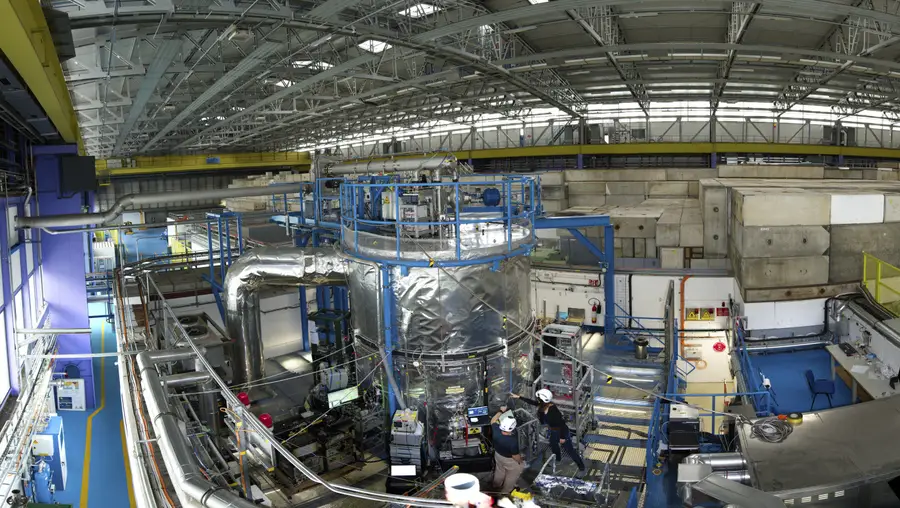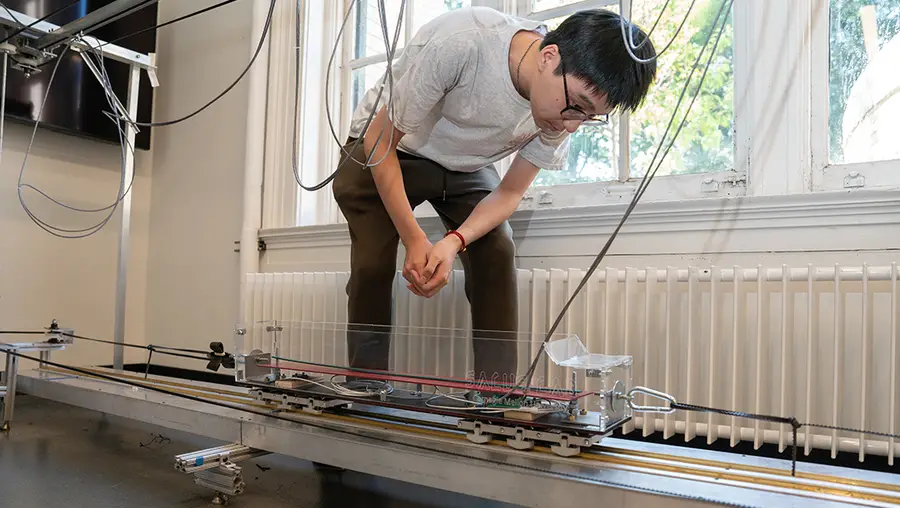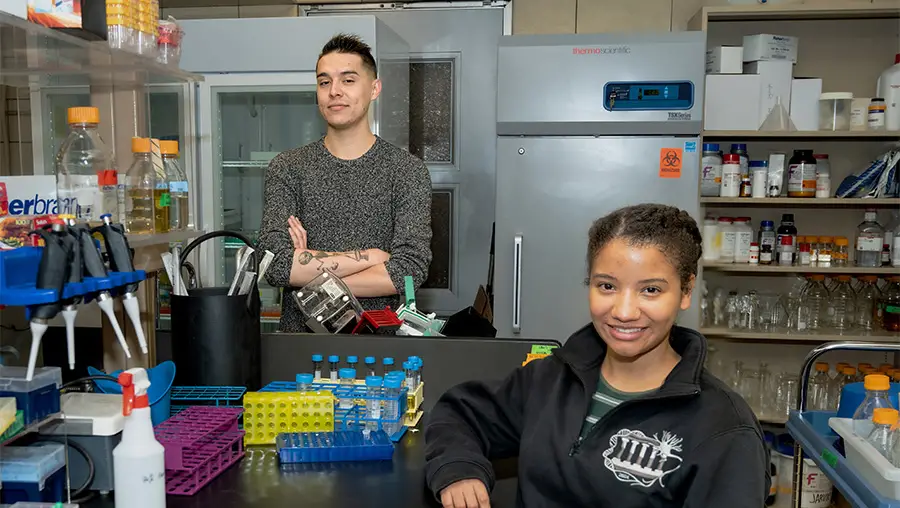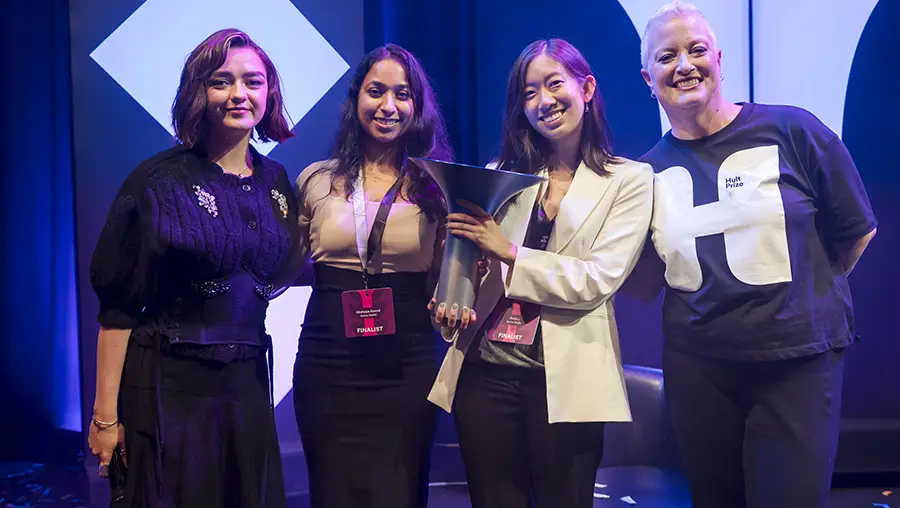
Isoprene From Rainforests Drives New Particle Formation
As part of the CLOUD Experiment at CERN, CMU researchers found that isoprene from rainforests is driving new particle formation.

Blending the Virtual and Physical Worlds
Civil and environmental engineering faculty from CMU have developed a testbed to make AI-enabled digital twins more accessible in the curriculum. Originally built for a new online certificate program, the testbed is also being used in active research projects to strengthen our infrastructure systems.

Milton Rubén Laufer Will Join CMU College of Fine Arts as School of Music Head
Milton Rubén Laufer has been named the new head of the School of Music within the College of Fine Arts at Carnegie Mellon University. He will join the university in his new role beginning July 1, 2025.

Multimodal Machine Learning Model Increases Accuracy
Researchers in the Department of Mechanical Engineering have developed a novel machine learning model combining graph neural networks with transformer-based language models to predict adsorption energy of catalyst systems.

BRAIN Initiative Director Visits CMU, Pitt
John Ngai, director of the National Institutes of Health Brain Research Through Advancing Innovative Neurotechnologies (BRAIN) Initiative, visited Carnegie Mellon University and the University of Pittsburgh Nov. 21-22 for lab tours, research presentations and a talk with the community held in Mellon Institute.

CMU-Developed Artificial Lung Gives Lift to DARPA Project
An artificial lung developed and patented by Carnegie Mellon University will be utilized in a DARPA-funded effort to support wounded military personnel.

Alumnus Ted Danson Nominee and Honoree for 82nd Golden Globe Awards
CMU alumnus Ted Danson earned a Golden Globe nomination for Best Performance by a Male Actor in a Television Series — Musical or Comedy for his work in the new Netflix series “A Man on the Inside.”

Neuroscience Doctoral Student Awarded 2024 Sutherland-Merlino Fellowship
First-year Ph.D. student Grace Kollman is this year’s recipient of the Sutherland-Merlino Fellowship, which since 2021 has annually provided financial support to one incoming Ph.D. student who shows excellent academic and professional promise, an eagerness to learn and an enthusiastic spirit.

Biological Sciences Postbaccalaureate Fellowship Offers Students Research and Grad School Preparation
The postbac fellowship in Carnegie Mellon’s Department of Biological Sciences provides students with one to two years of research training, mentorship and professional development.

Rales HCI Fellows Bring Inclusive Technology to the Forefront of Industry
Three students from the first-ever selection of Rales Fellows — Lizeth Anaya-Ojeda, Christian Johnson and Zoe Mercado — are pursuing master’s degrees from the Human-Computer Interaction Institute at Carnegie Mellon.

MCS Associate Professor Leon Zhao Joins Project on Whole Eye Transplants
Carnegie Mellon University researchers will use Magnify Expansion Microscopy technology to precisely map optic nerve fibers as part of the six-year project, led by Stanford University and the University of Pittsburgh.

Dual Pitt-CMU Graduate Student Wins $1M Hult Prize
Anna Li, a graduate student in the Medical Scientist Training Program at Carnegie Mellon University and the University of Pittsburgh, is CEO of Korion Health — winner of the $1 million Hult Prize Global Competition.